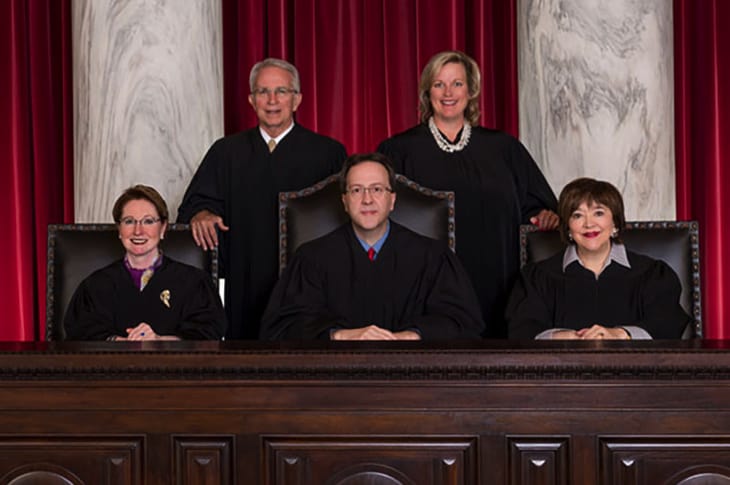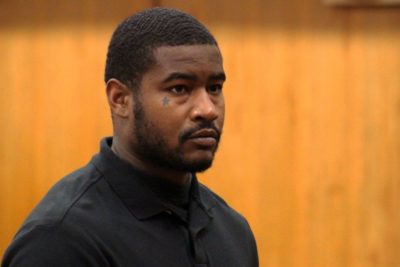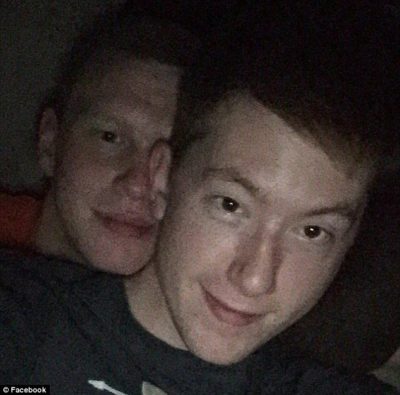
In a decision that has sparked controversy, the West Virginia Supreme Court ruled in a close 3-2 decision last Tuesday that an assault that occurred against two gay men in 2015 would not be considered a hate crime under state law. The state’s hate crime statute does not explicitly name “sexual orientation” as a hate crime, but it does list “sex” as a basis for a discriminatory crime.
Prosecutors for the state argued that in the case of West Virginia v. Butler, in which Steward Butler, a football player from Marshall University, punched two men in the face after witnessing them exchange a kiss, the assailant was discriminating against the victims’ male sex because if one of them had been a female there would not have been a problem.
“Put it this way: If you congratulate a man because he marries a woman and then you fire a woman because she marries a woman, that is discrimination on the basis of sex,” said Greg Nevins, a lawyer at the Lambda Legal Defense and Education Fund, which filed an amicus brief in the case. “We have to focus on would this crime have happened if the victims were a different sex.”

Nevins said that this was the first time that this argument in which sex is used as a broad term that inherently encompasses orientation has been used at the state level; sexual orientation and gender identity are explicitly outlined as a basis for hate crimes at the federal level. West Virginia has run into problems with their ambiguous hate crime statute in the past and has actually rejected a proposal to add “sexual orientation” to the statute 26 times since 1993. They are one of only 6 states to include sex but not sexual orientation and gender identity in their protections against crimes.
In April of 2015, Butler was riding in a car with friends when he saw Casey Williams and Zackery Johnson exchange a kiss on the sidewalk while sitting at a red light. At first, he shouted homophobic slurs at the pair, but then things soon escalated as he exited the vehicle and punched both of them in the face, hitting one so hard that he knocked them to the ground. Video of the incident, taken by one of the victims, identified Butler as the assailant, but when he was charged with battery and a hate crime Butler decided to fight the hate crime charge.
“A review of similar laws from other states demonstrated that ‘there are two distinct categories of potential discrimination: discrimination based on sex and discrimination based on sexual orientation,'” the court said in its final decision.

If the state wants people to be charged for hate crimes against sexual orientation and gender identity in the future, it will be up to the West Virginia legislature to make the necessary changes to the current statute. The state Supreme Court cited the absence of the explicit protection for crimes based on sexual orientation as their primary reason for ruling against the state prosecutors.
“It’s increasingly clear that we lose if judges focus on the words that aren’t in the statute,” Nevins told Slate, “and win if they focus on the words that are in the statute. The West Virginia Supreme Court narrowly went for the old-school former approach, which was in vogue in the federal appellate courts a dozen years ago. But notably those courts are now realizing the error of their ways and moving towards getting it right.”
Though the judges in this court ruled against hate crimes based on sexual orientation, doing so is not necessarily the norm. This decision will set a precedent, but widespread sharing of this decision can go a long way in pressuring legislators, both in West Virginia and elsewhere, to change the statutes for good to protect all people that are victims of hate crimes.


